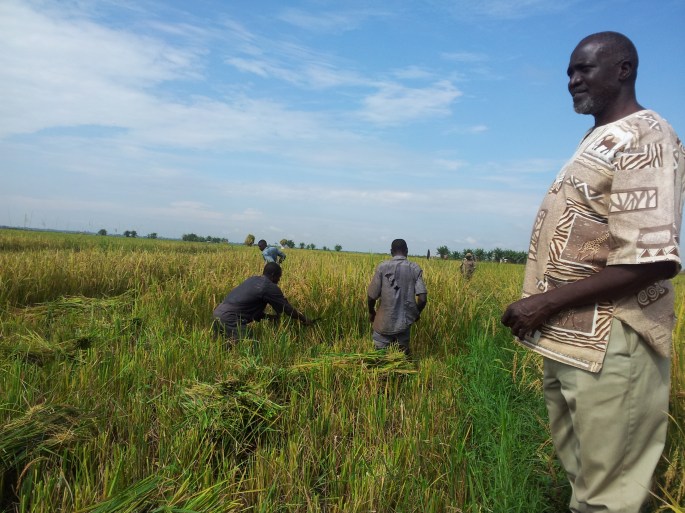By Reem Abbas
When Fatima (not real name) escaped Sawa, a military camp in Eritrea, she had already been there for two long years doing the compulsory military training that is supposed to end after 18 months.
For many young Eritreans, the service never quit ends. The months become years and many youth, men and women, find themselves stuck in the military service for over a decade.
Fatima and five of her friends escaped one night from the camp without any sense of direction. They walked for three days until they reached the border with Sudan, digging up mud to drink water and having nothing to eat.
There, they found themselves face-to-face with Sudanese soldiers who detained them for two days. The rest escaped except Fatima. She was left behind and remains in Sudan, ten years later.
Fatima was then taken to a military outpost and not long after, late at night, she was rapped by one of the soldiers.
I met Fatima through a friend who found out about her story through another Eritrean in Khartoum. I didn’t even hesitate for a minute when I read my friend’s email and agreed to meet her the next day. My friend thought her story was worth telling, I felt humbled by the opportunity to tell her story.
I opened the door to find an Eritrean man David (not real name) who is probably in his 50s. And inside there was Fatima. Although I’ve read a guideline to interviewing victims of violence online at the Dart Center’s website, all of a sudden, I didn’t feel like I could do this. How could I remain composed through all of this? This was a huge challenge, but I felt a responsibility to tell this story and look for other women who have suffered a similar ordeal.
First, I chatted with Fatima and David about Sudan. In fact we talked about if they liked tea sugary or not too sweet. The conversation flowed smoothly and Fatima began telling her story and answering my questions without hesitation.
As Fatima spoke, her thin body drowned in her Sudanese toub (a cloth worn by Sudanese women) and her face testified to years of suffering endured. At 24, Fatima entered Sudan in 2000 and until now, in her 34th year she’s still stuck in Sudan.
At the military outpost, after her brutal rape, the soldier took Fatima to live with him in his tent.
“I later became very sick and I found out that I was pregnant,” said Fatima. She said she tried to escape at least three times, but was always caught and returned to the soldier, a man she had two children with.
After she had her first child, she says she halfheartedly accepted her reality and realized it is very difficult to escape. She stayed there, raising her two children with a man who verbally abused her and sometimes, beat her.
Their house was a tent inside the military camp with no access to electricity or the basics. She cooked with coal or wood and never left the tent.
“He worried that I would get to know people if I left the tent, so I never left, I never went to the market, I know I was in Kassala, but never saw it,” said Fatima.
For 10 years, Fatima was forcibly living with a Sudanese soldier. As time passed by, she learned Arabic, a language she did not speak a word of when she came from her homeland.
“When I was alone, I cried until my eyesight was almost gone,” said Fatima who was holding her glasses.
Continue reading “Escaping military service and kidnap, one Eritrean woman’s Ordeal”


